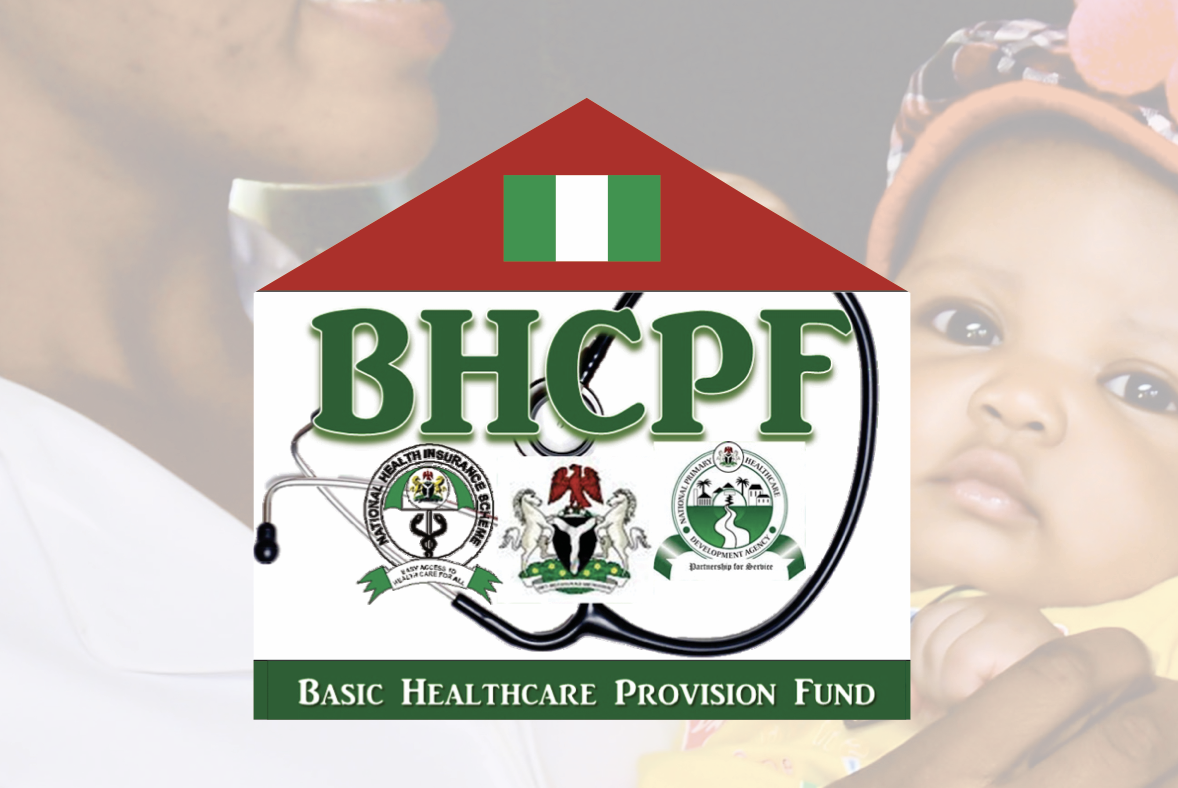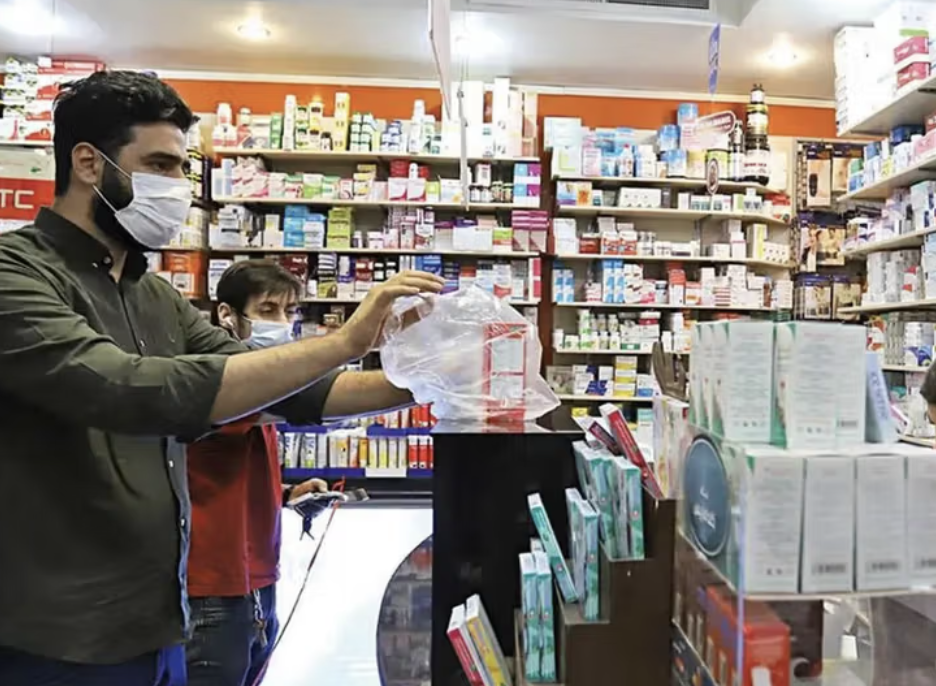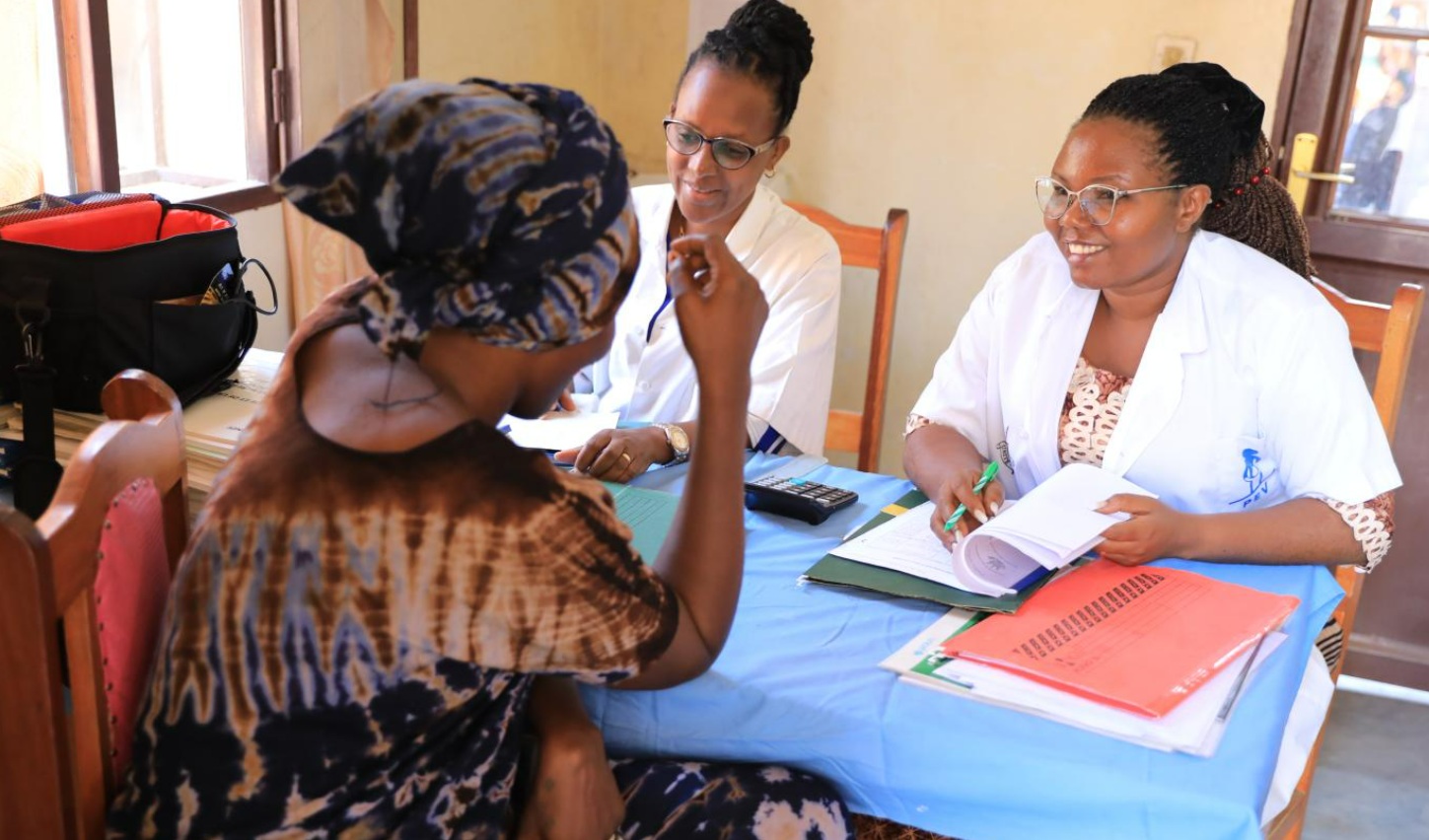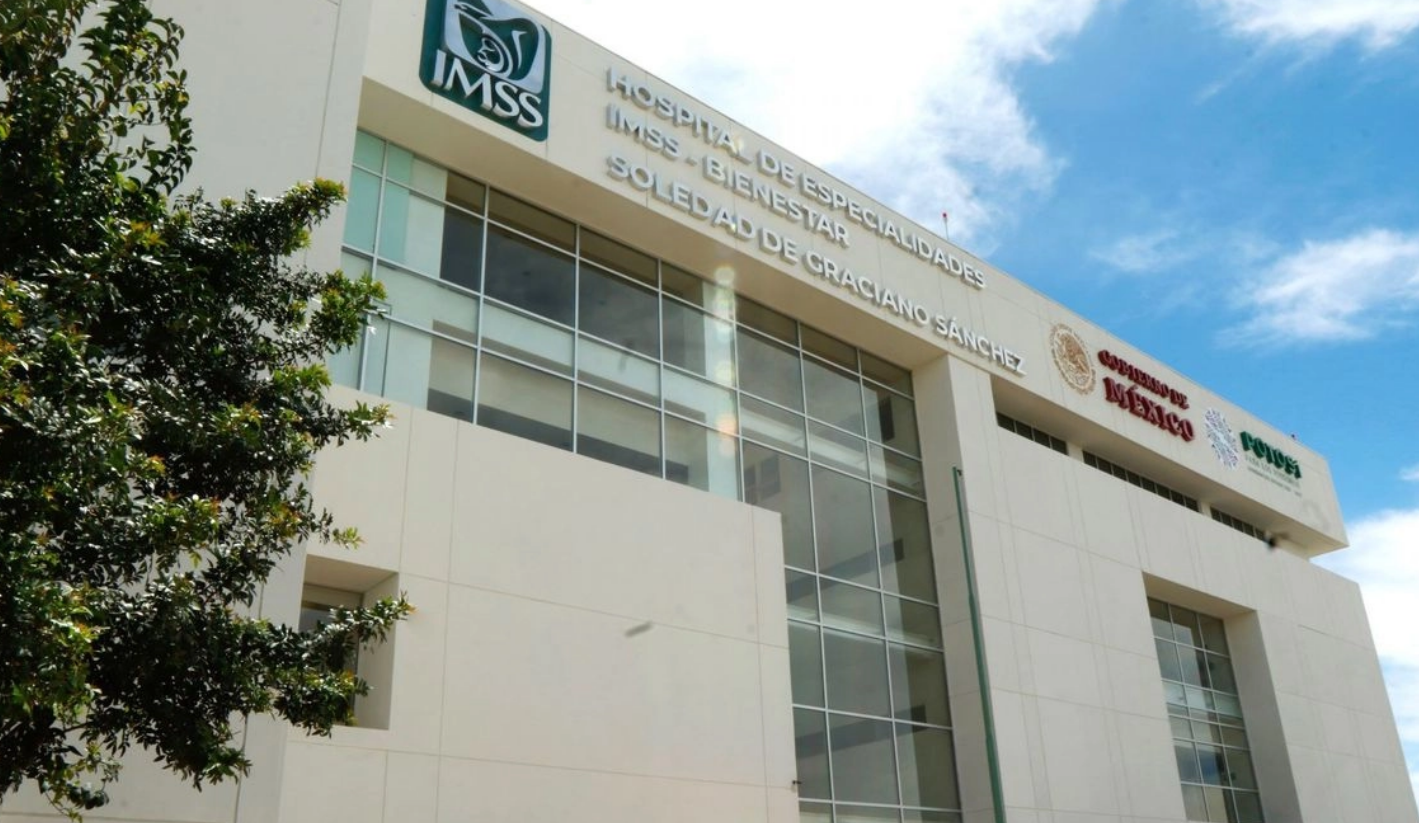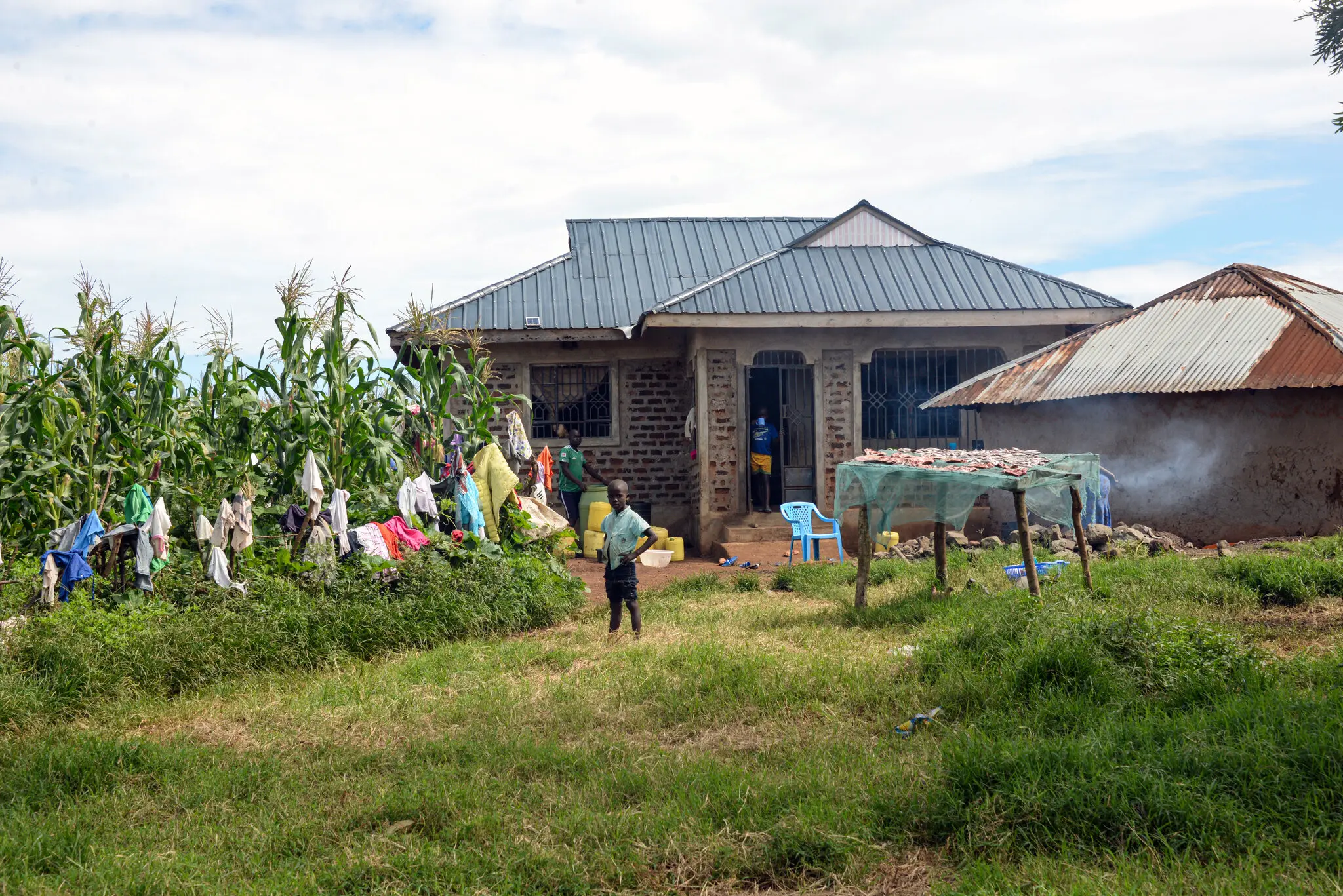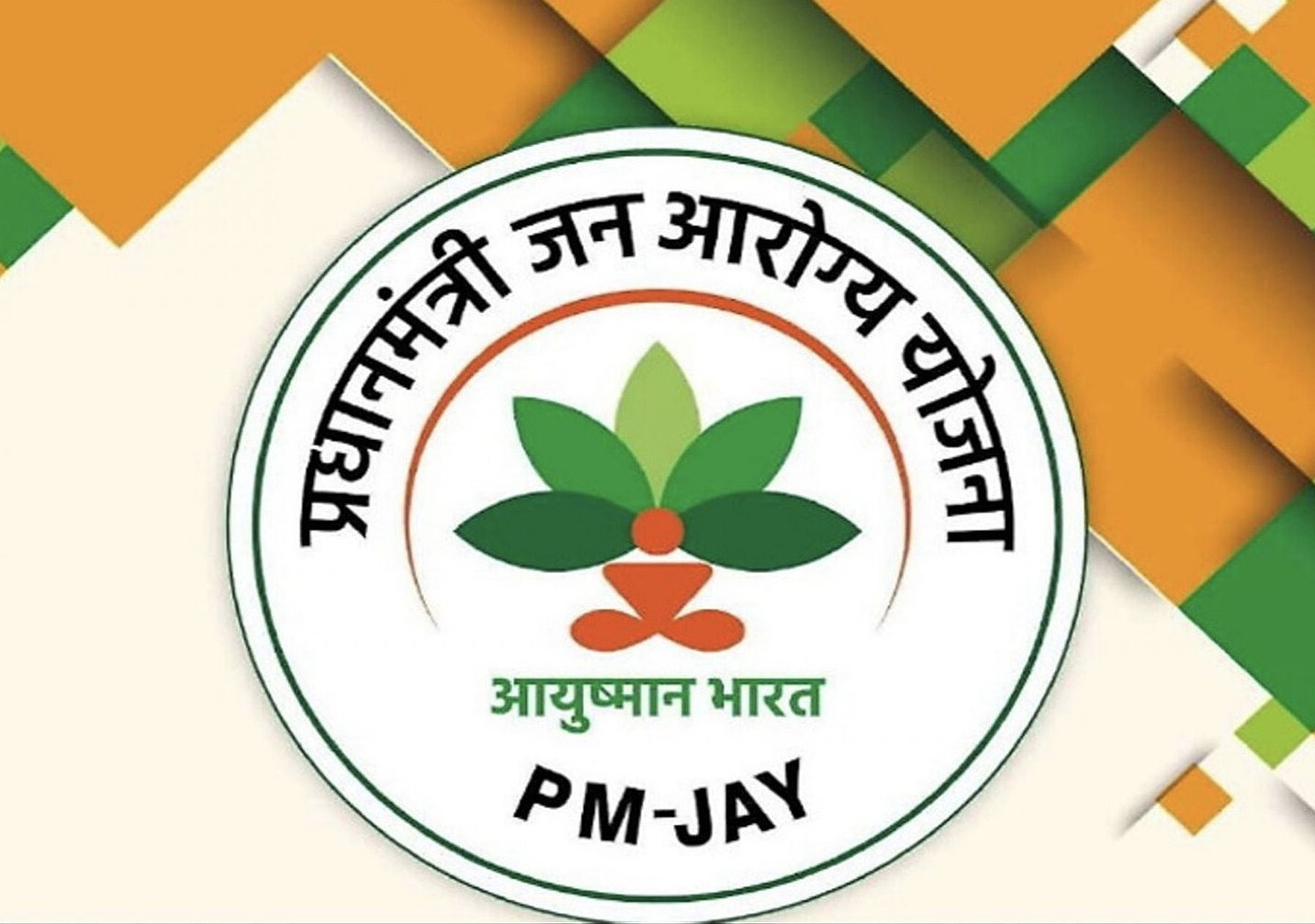Nigeria plans to raise BHCPF funding from 1% to 2% of revenue and enroll 44M citizens in health insurance by 2030. With 70% out-of-pocket spending, govt seeks domestic funding, broader NHIA rollout, and state/private sector support to expand coverage and protect the...
